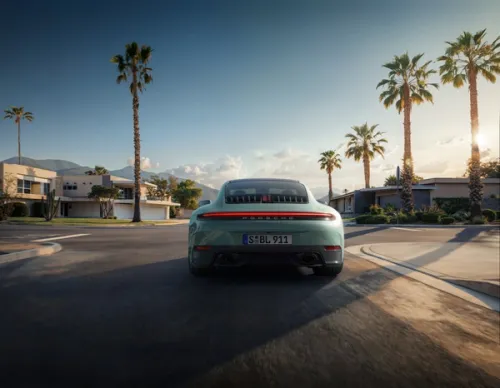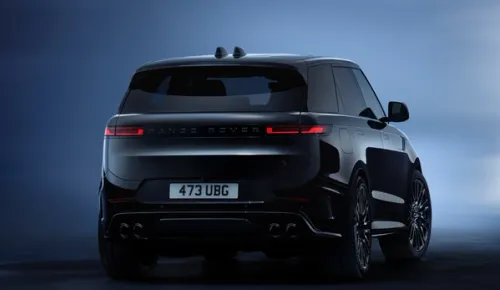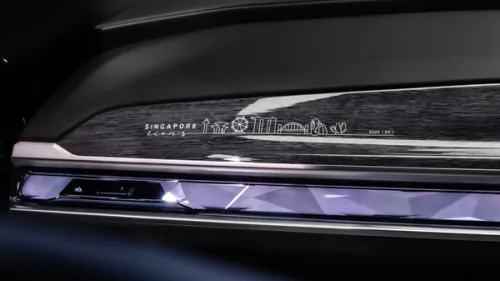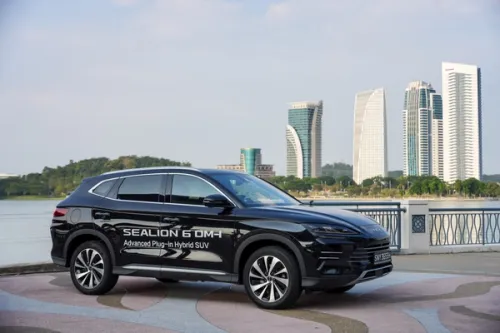Green News: BBC Electric Vehicle Testing Draws Flak
While the challenge was promoted by the BBC as aiming to put EV technology and infrastructure to a true test, the nature of the challenge has been criticised and described as being unfair.


On Monday, BBC journalist Brian Milligan began driving from London to Edinburgh in an all-electric Mini, using only publicly accessible charging locations.
While the challenge was promoted by the BBC as aiming to put EV technology and infrastructure to a true test, the nature of the challenge has been criticised and described as being unfair by EV supporters and those in the industry.
The first issue raised by critics of the challenge is the choice of vehicle – the BBC said that they chose the Mini E as it was more affordable than other available EVs of similar specification. However, the electric Mini is a test vehicle produced for trials, and is not yet publicly available. Critics argue that an EV already launched would have been more appropriate and informative, such as a LEAF or i-MiEV.
Milligan's journey, documented on the BBC's website, portrays the Mini E rather negatively, with regular references to disadvantages of both the vehicle and public recharging infrastructure. Milligan reports that on his journey, "one worry is quickly overtaken by another". He experienced both "range anxiety" and "charging post anxiety", commenting that the Mini’s range was insufficient and charging posts were hard to find, possibly occupied by another EV driver and took far too long.
However, the critics argue that the reality is that current EVs and their accompanying charging technology are designed for short commuter trips and inner city or sub-urban driving, and the majority of the established infrastructure mirrors this. A 484 mile journey across Britain is far beyond the intentional use for most electric vehicles of today; making the entire expedition an unfair and meaningless test. Testing an EV in the context for which it was designed would have been far more informative.
As noted by Next Green Car's director Ben Lane: "While EVs do not suit all journeys, recent trials have shown that they are ideal for regular city trips and commuting. No one is suggesting that they are the vehicle of choice for crossing the country or for trips more than 100 miles.
“The fact that a city-based family may need another car for longer trips is much less of a problem than it used to be as city Car Clubs are now available across the UK. Furthermore, most of the research suggests that charging at home, not on-street, will be how most future EVs are refuelled. Having a nation-wide recharging network is not necessary to kick-start the EV revolution."
To redeem EV's reputation, and to prove that electric cars can drive longer distances than one might expect, a driver from the Tesla Motors Club is to drive the same route in a Tesla sports car, only he set out this morning and aims to beat Milligan to Edinburgh this evening – with the aim to prove the true capability of EVs that are actually on the market today.
Supported by Robert Llewellyn, the trip has been motivated because of the unfairness and misleading nature of the BBC's journey. The Tesla will stop twice for charging, with the aim to "counter the lludicrous anti-EV reporting from the BBC."
Credits: wilswong


Get the Best Price for your used car
from 500+ dealers in 24 hours

- Convenient and Hassle-Free
- Consumer Protection
Transparent Process
With No Obligation








